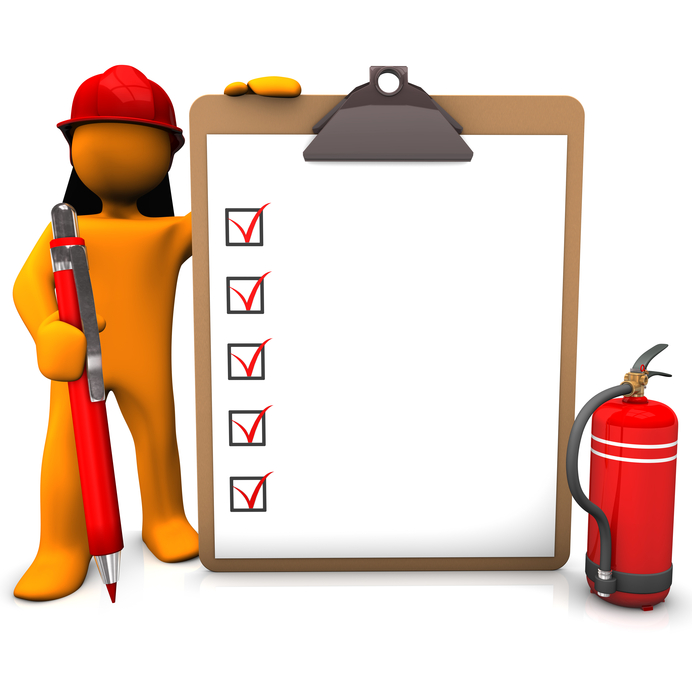With Pet Fire Safety day on July 15th, we thought we’d write a post about your furry friend and steps to take so that keep your family and property safe.
Pets accidently start fires more frequently than most people think. The two most common ways include pets accidently knocking over candles or lamps and turning on stoves or ovens with their paws.
Ways to help prevent your pets from starting fires include:
- Switching from real candles to flameless ones. While your cat or dog might still knock these over, it will only break the bulb and not set the house on fire.
- Stoves and oven tops are the number one cause of pet-related fires, so you should remove stove knobs or cover them up once you’re done in the kitchen.
- Watch open flames in your house. Beyond candles, a pet could move ashes or embers from a fireplace or grill to different places in the house. Remember to extinguish any flames you have when leaving your house, because you cannot easily stop a fire when you’re not home.
- Use stainless steel or ceramic bowls for your pets outside. Using a glass water bowl attracts the sun’s rays which heats up and can ignite a wooden deck. Even if you don’t have a wooden deck, it’s better to be safe than sorry.
By taking these simple steps, you could be preventing damage or injury to your family (including animals) and your property. But what happens if you don’t catch the fire in time?
- Most of us have a smoke detector installed already, but there are certain smoke detectors that are monitored and let the fire department know when you are not home.
- Consider putting up a “Pet Alert” sticker so that emergency responders know there is an animal inside.
- Keep your pets near exits along with their leashes or collars. That way anyone trying to save your pet can easily find both and they are already closer to getting out of the house.
We hoped this article helped give you some information and tips about keeping your home and your pets safe.
Thank you to the American Kennel Club and the National Pet Fire Prevention Association for information they provided on their websites. To read more, click the links above.

